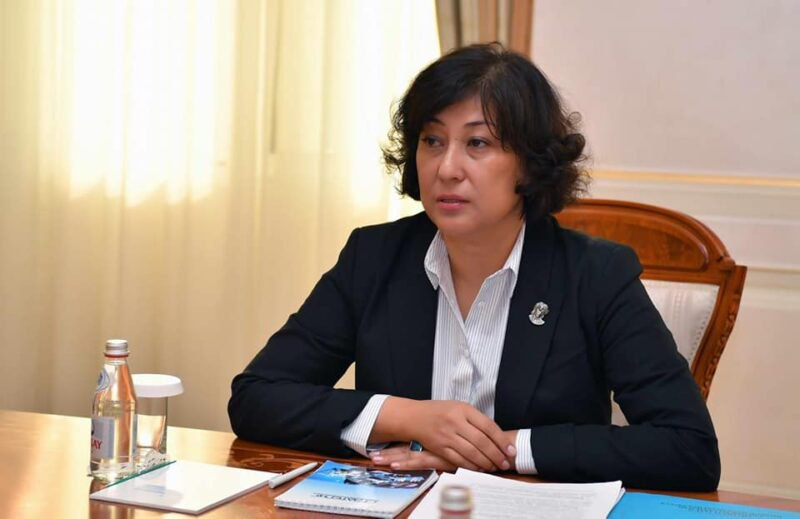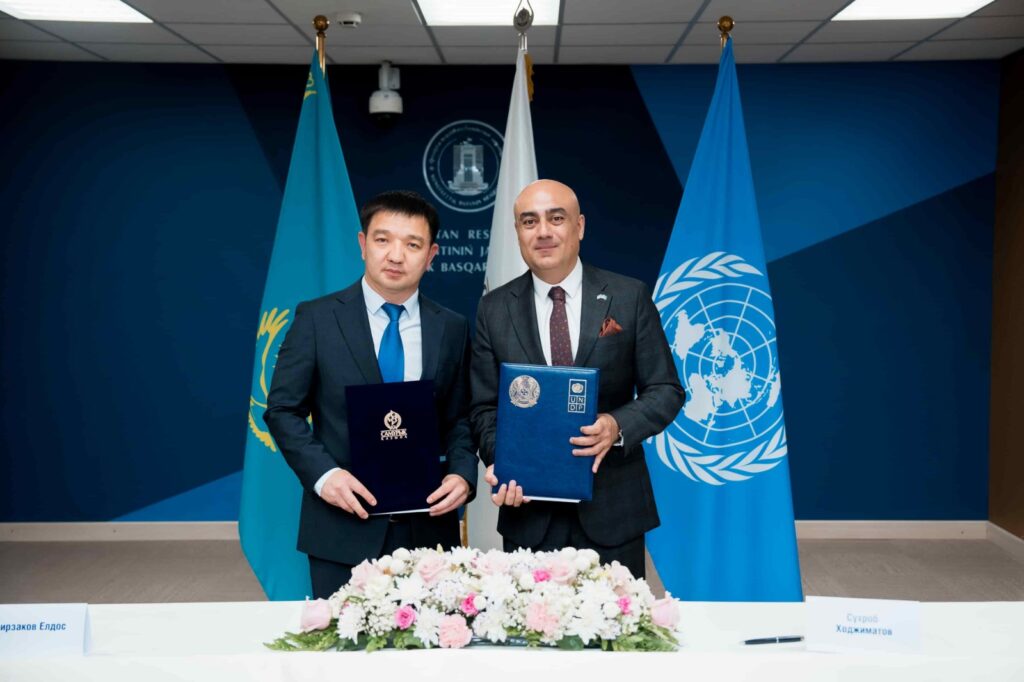March for Women’s Rights in Bishkek: Kyrgyz Voices Demand Change
The annual March for Women's Rights in Bishkek on March 8 drew around 500 participants, reaffirming Kyrgyzstan’s status as the only country in Central Asia where such demonstrations take place every year, despite persistent pressure and resistance. The march began at noon in front of the former Ministry of Foreign Affairs building near Staraya Square. Participants, chanting slogans, walked to Gorky Park, holding placards demanding equality and greater protection of women's rights. "We Need Security, Not Flowers" Many posters reflected the urgent issues faced by Kyrgyz women: "Don't be silent." "Abortion is a personal decision, not a legal debate." "We need security, not flowers." "No to violence against women." "A WOMAN is NOT a free housekeeper. Not a reproductive item. Not cheap labor. Not an object of comfort." [caption id="attachment_29596" align="aligncenter" width="2560"] Image: ТСА, Tamila Olzhbaekova[/caption] These slogans underscore the real challenges confronting women in Kyrgyzstan, including domestic violence, gender inequality, and the restriction of reproductive rights. "I Am Proud That Women Can Speak Openly About Their Rights" For many participants, the march was not just a protest but also a significant step in the ongoing fight for their rights. Mairam, 24, Osh: "I am proud to live in a country where women can speak openly about their rights. Despite all the difficulties, we continue to take to the streets, and this is very important. This march reminds us that we are not alone." Amina, 20, Bishkek: "This is my second year participating in the march. For me, it is more than just an event—it is an opportunity to voice the concerns of all women in our country. Here, you feel unity and support." Asel, 27, Bishkek: "Every year, I come here because I believe that the louder we speak about our rights, the more change we can achieve. Women in Kyrgyzstan deserve security and equal opportunities." [caption id="attachment_29595" align="aligncenter" width="1920"] Image: ТСА, Tamila Olzhbaekova[/caption] A Symbol of the Struggle for Equal Rights The Women’s March in Bishkek has become a symbol of resistance and determination, continuing despite repeated attempts to ban or restrict it. Year after year, more people take to the streets to affirm a simple yet powerful message that women's rights are human rights, and without equality, there can be no just society.






